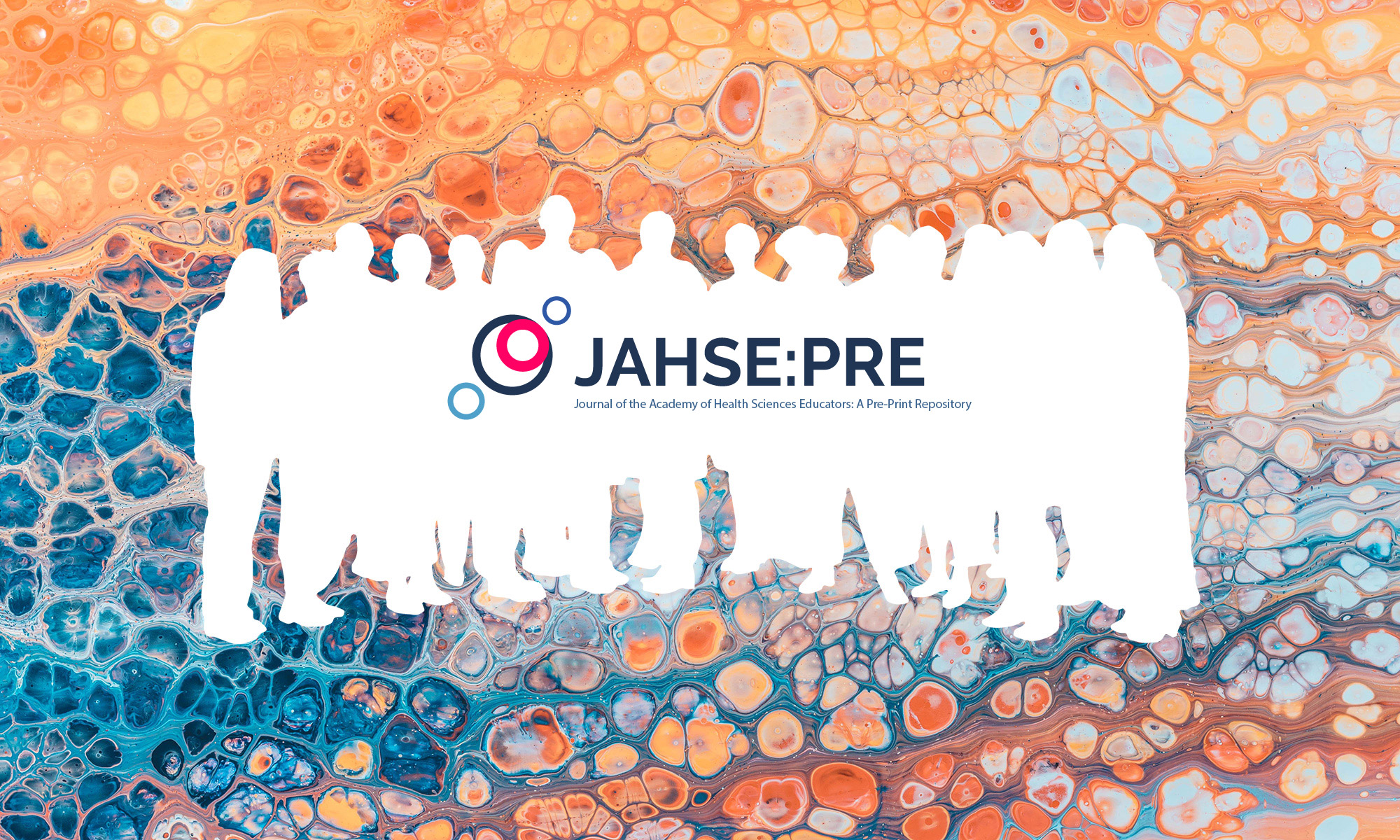Abstract
Objective: To foster professional identity formation within medical education using habit formation techniques.
Background and Rationale: As outlined in Linsenmeyers’s1 work, incorporating self reflection increases professional identity formation. By combining these self-reflection strategies with the habit formation techniques discussed by Shnayder-Adams2 we can develop a multitude of professional identity formation habits.
Design and Methods: In March 2024, all year one students will complete two survey questions: What top 1-3 habits would be helpful to promote in year one for your academic success?, What top 1-3 habits would be helpful to promote in year for your Professional Identity Formation? Responses will be thematically coded in time for the Core Educator Retreat. Survey findings will be combined with evidence from the literature to design a habit formation session in SCoPE.
Results: Pending.
Conclusions and/or Lessons Learned: While this project is still in a preliminary stage, we are hopeful the application of well studied behavioral economics concepts will foster medical education innovations both academically, and within professional identity formation.
References
- Linsenmeyer, M., Long, G. Goal-Oriented and Habit-Oriented Reflective Models to Support Professional Identity Formation and Metacognitive Thinking. Med.Sci.Educ. 33, 569–575 (2023). https://doi.org/10.1007/s40670-023-01752-9.
- Shnayder-Adams, M.M., Sekhar, A. Micro-habits for life-long learning. Abdom Radiol 46, 5509–5512 (2021). https://doi.org/10.1007/s00261-021-03185-7.
Return to Table of Contents: 2024 Core Educator Education Scholarship Retreat
Habit Formation Techniques and their Application to Professional Identity Formation by Sarah Petelinsek, Sarah Groves, Kathryn Moore, PhD, Katherine Anderson, MD, Andrew Smith, MD & Jorie Colbert-Getz, PhD, MS